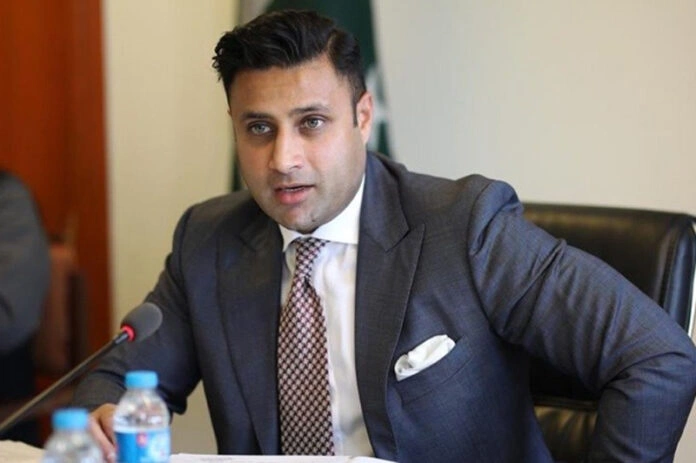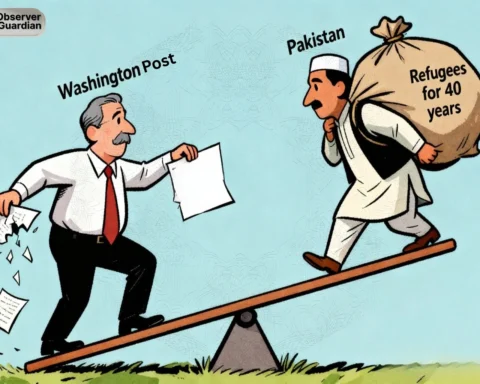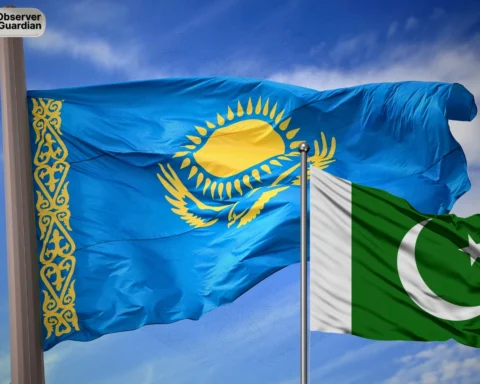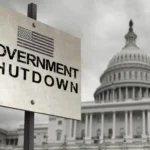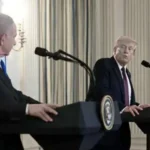“I have a longer statement for the record which I would like to be included. Without objection, so ordered. That goes for all of your statements and anything else you would like to attach to them. Thank you. I’ve traveled 15 hours to get here, so I apologize in advance if I go slightly over my time.”
With these opening words, Zulfi Bukhari — a close aide to Imran Khan — delivered one of the most impassioned testimonies ever heard in the U.S. Congress on Pakistan’s collapsing democracy, judicial erosion, media censorship, and systematic political repression. His statement was not just a defense of Imran Khan, but a detailed indictment of how state institutions in Pakistan have been weaponized to suppress an entire democratic movement.
Rigged Elections That Shattered Democracy
Bukhari began by drawing attention to the event he called the “death blow” to Pakistan’s democratic framework — the February 8, 2024 general elections, which he described as the most “brutally rigged” in Pakistan’s history. Months before election day, the state had begun dismantling the opposition’s chances. The PTI’s iconic cricket bat symbol was revoked, effectively rendering the party invisible on the ballot. Candidates were forced to run as independents; nomination papers were rejected, rallies were banned, and senior leaders were jailed or driven into exile.
Despite all obstacles, Pakistanis turned out in record numbers and overwhelmingly voted for PTI-affiliated independents. Independent observers have shown PTI won 170 to 180 seats, a majority. But over the next 24 to 72 hours, those results were systematically reversed. In many cases, voter turnout exceeded the total number of registered voters in the constituency.
“The elections were neither free nor fair,” Bukhari declared, “they were engineered to silence the democratic voice of millions.”
Judicial Manipulation: The 26th Amendment
As if electoral manipulation weren’t enough, Bukhari pointed to the 26th Constitutional Amendment, which reshaped Pakistan’s judiciary. The amendment allowed the executive to stack the Judicial Commission with loyalists and strip senior judges of their autonomy.
“The courts,” he said, “once a check on power, are now a tool of power.”
He cited Pakistan’s own Constitution — Articles 175 and 10 — which guarantee separation of powers and fair trial rights, both of which are now being violated. The UN Special Rapporteur on the Independence of Judges and Lawyers and the International Commission of Jurists (ICJ) have raised alarms, calling it a “real risk to judicial independence” and a “serious threat to justice.”
Military Courts and Secret Trials
One of the most chilling aspects of Bukhari’s testimony was his description of military courts trying civilians, especially after the May 9, 2023 protests. At least 104 PTI supporters were convicted in secret trials, all receiving prison terms of up to 10 years, with a 100% conviction rate. Families and legal counsel were barred; no charge sheets or verdicts were made public.
The army chief, not civilian judges, oversees the appeals process. This violates Article 14 of the ICCPR and represents, in Bukhari’s words,
“a colonial tool resurrected to silence dissent.”
Silencing Media and Assassinating Truth
Bukhari painted a dire picture of press freedom in Pakistan. Journalists face abduction, torture, and exile. Social media platforms are routinely shut down, while anchors are blacklisted for merely uttering Imran Khan’s name. Independent voices like Dr. Moeed Pirzada, seated in the room during his testimony, are forced abroad.
He recalled the tragic assassination of Arshad Sharif, one of Pakistan’s top journalists, who was murdered in Kenya after fleeing threats in Pakistan. Dozens of YouTube channels have been shut down for exposing the truth, while the government demands they seek legal protection from courts they cannot access from exile.
The Persecution of Imran Khan
At the heart of the repression lies Imran Khan, Pakistan’s most popular leader, who faces over 200 legal cases — ranging from absurd charges like illegal marriage to fabricated corruption cases such as the Al-Qadir Trust case. Bukhari clarified that the Al-Qadir case involved £190 million transferred legally from the UK’s National Crime Agency to the Supreme Court of Pakistan — with no personal benefit to Khan or his wife.
Despite the baseless charges, Imran Khan and Bushra Bibi remain in solitary confinement, exposed to inhumane conditions including lack of fresh water, food, and cooling during extreme heat. Insects are deliberately released into their cells; prison staff physically intimidate each other in front of Bushra Bibi as a psychological tactic.
“This is not incarceration,” Bukhari emphasized, “it is torture.”
A Call to Conscience
Bukhari closed his testimony with an emotional plea to the U.S. Congress:
“We can either let Pakistan slide into dictatorship under a cover of legality, or we can stand with the people who are fighting for democracy, dignity, and justice.”
He reminded lawmakers that the people of Pakistan deserve the right to choose their leaders, speak freely, and live under a rule of law that protects, not persecutes. Citing statements from the UN Working Group on Arbitrary Detention, which declared Imran Khan’s imprisonment illegal, Bukhari urged the U.S. to act in defense of universal democratic values.
Conclusion
Zulfi Bukhari’s appearance before the U.S. Congress was more than a political statement — it was a cry for international solidarity with a people being suffocated by authoritarianism. By detailing the systematic dismantling of electoral integrity, judicial independence, media freedom, and human rights, he illuminated the real cost of silence.
In his own words:
“Stand not with the hand-picked few, but with the 250 million people of Pakistan.”

